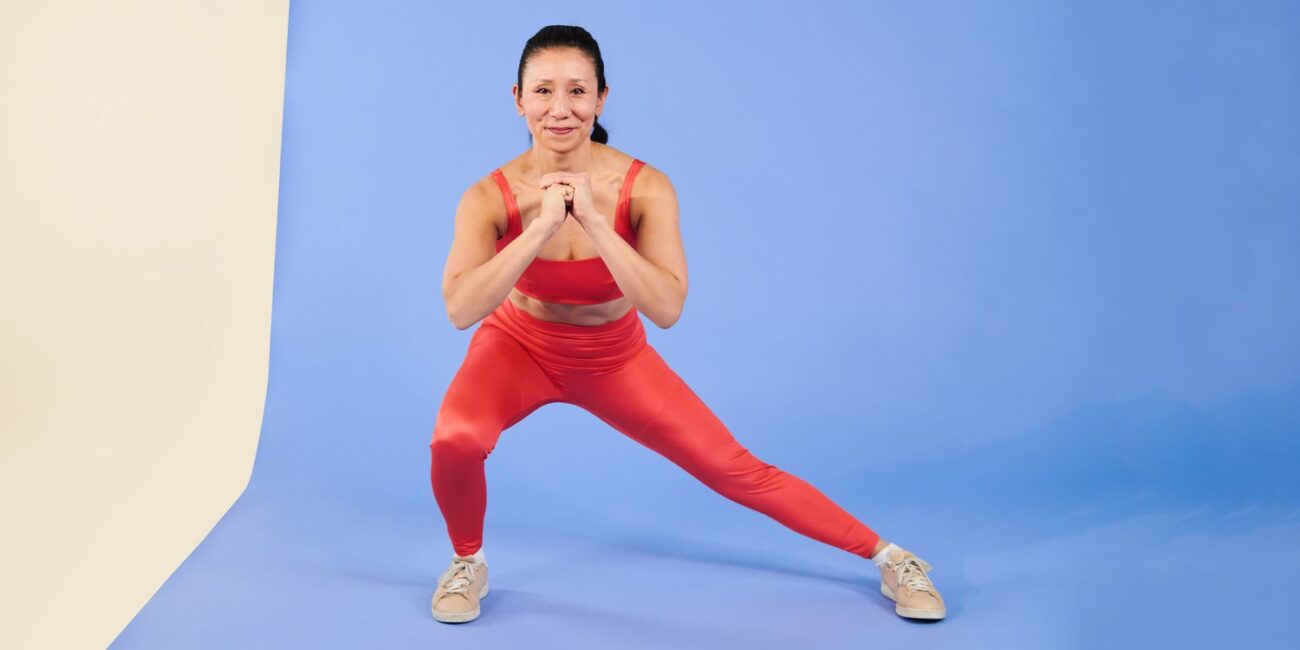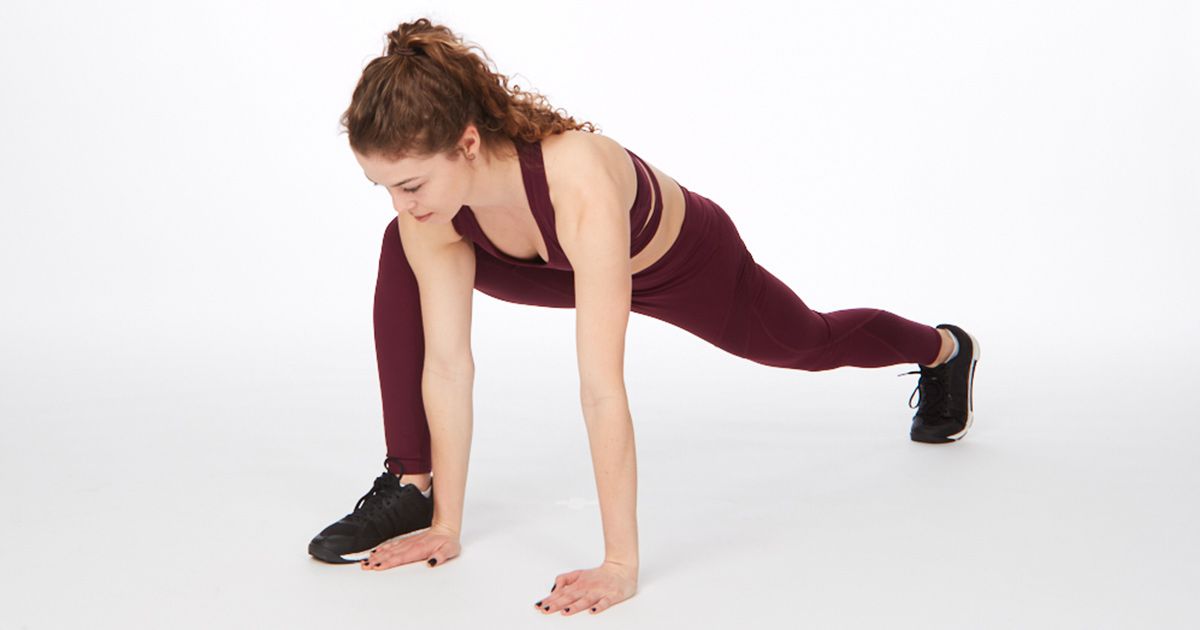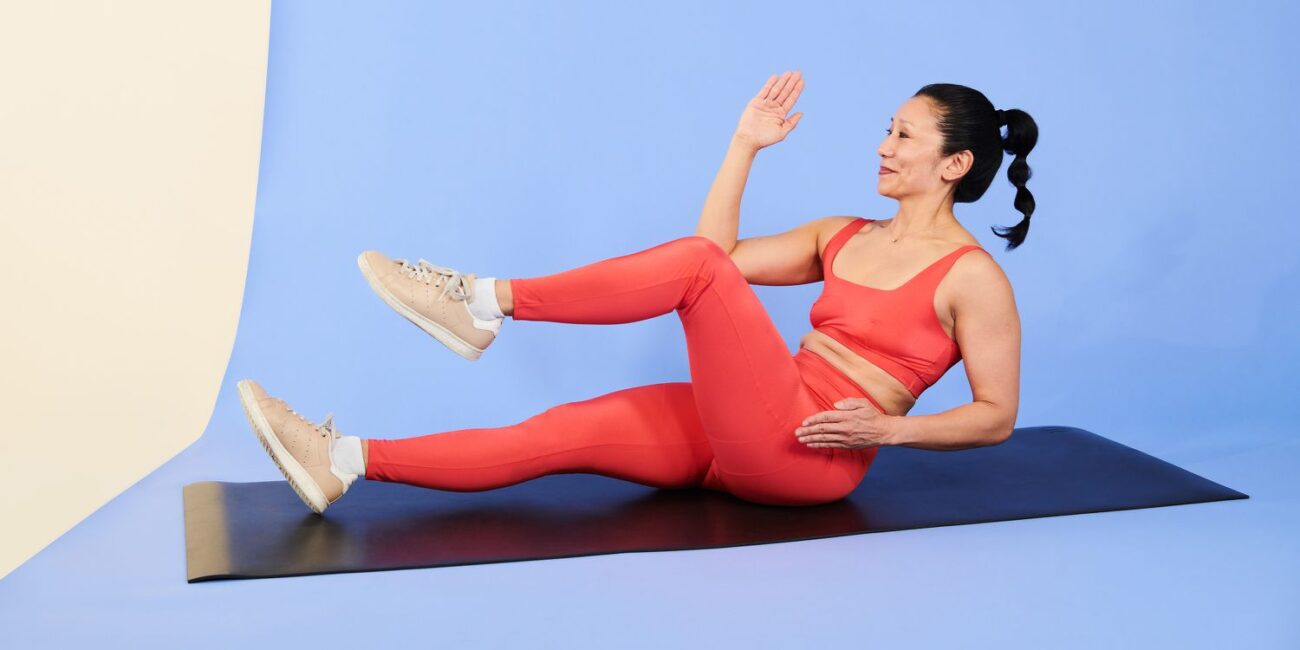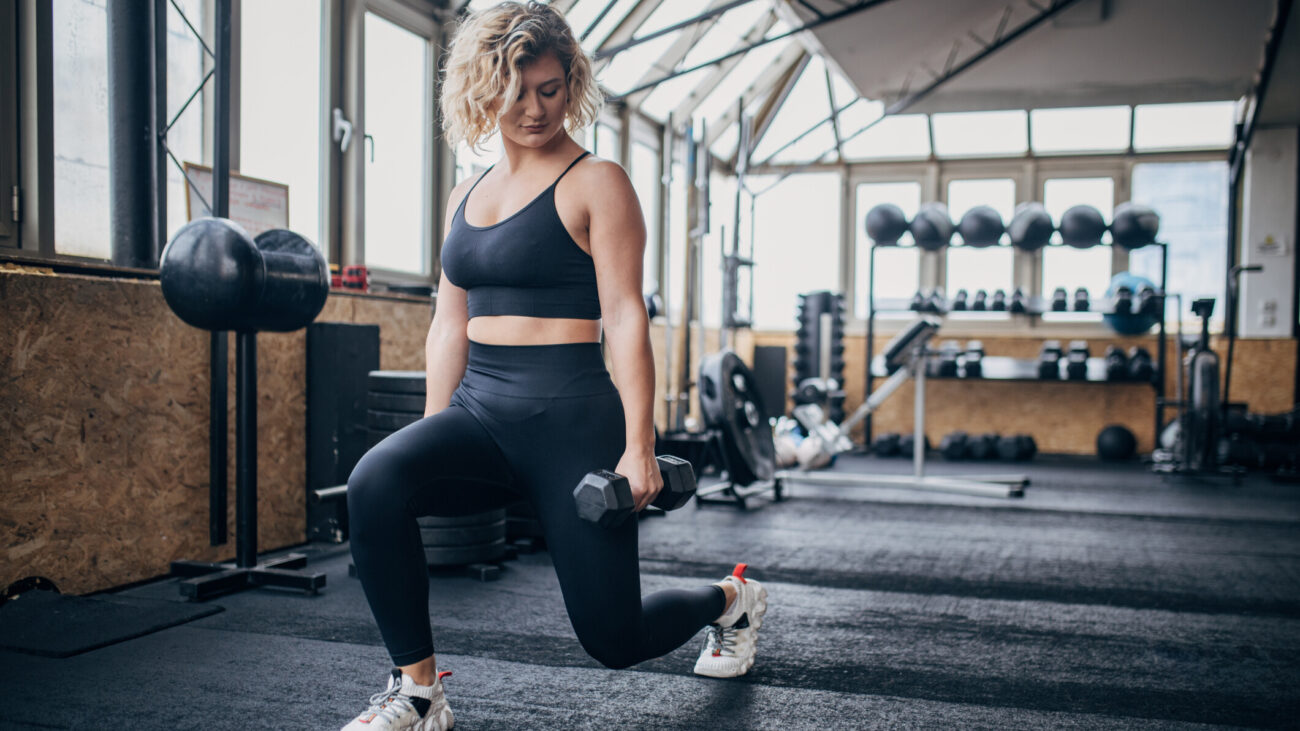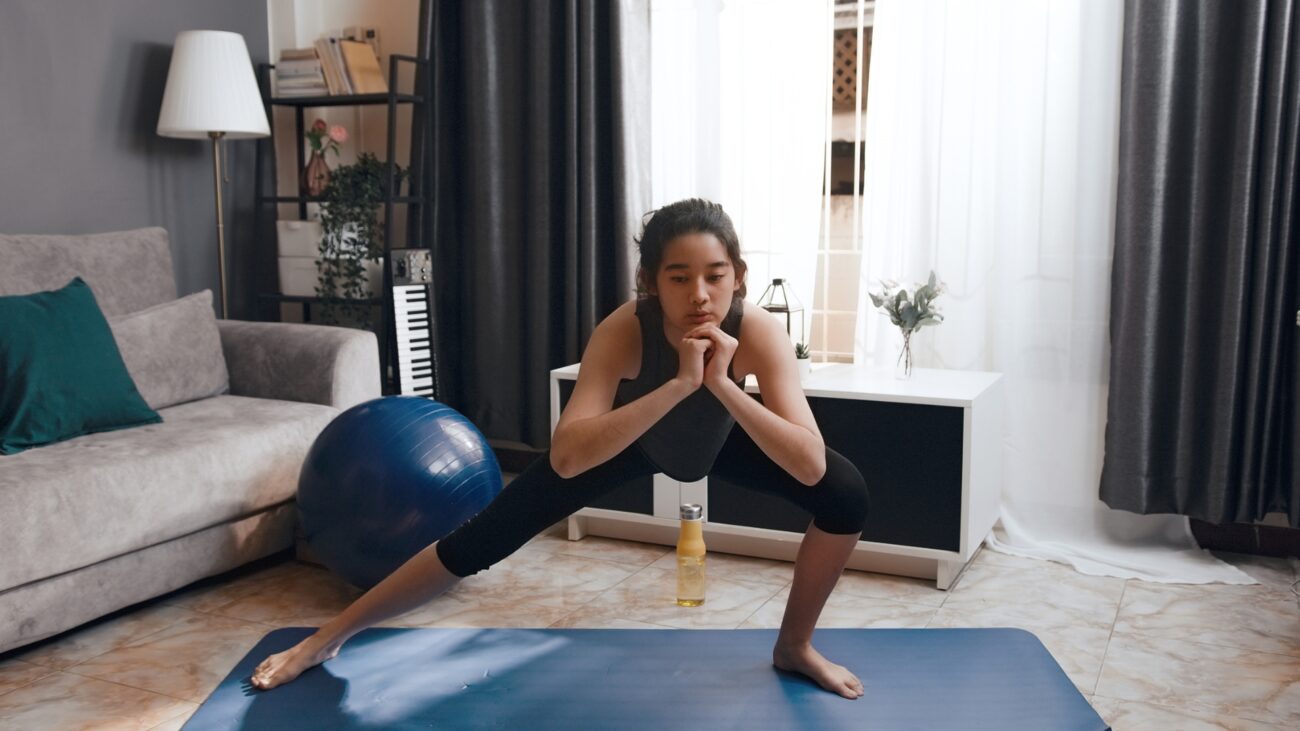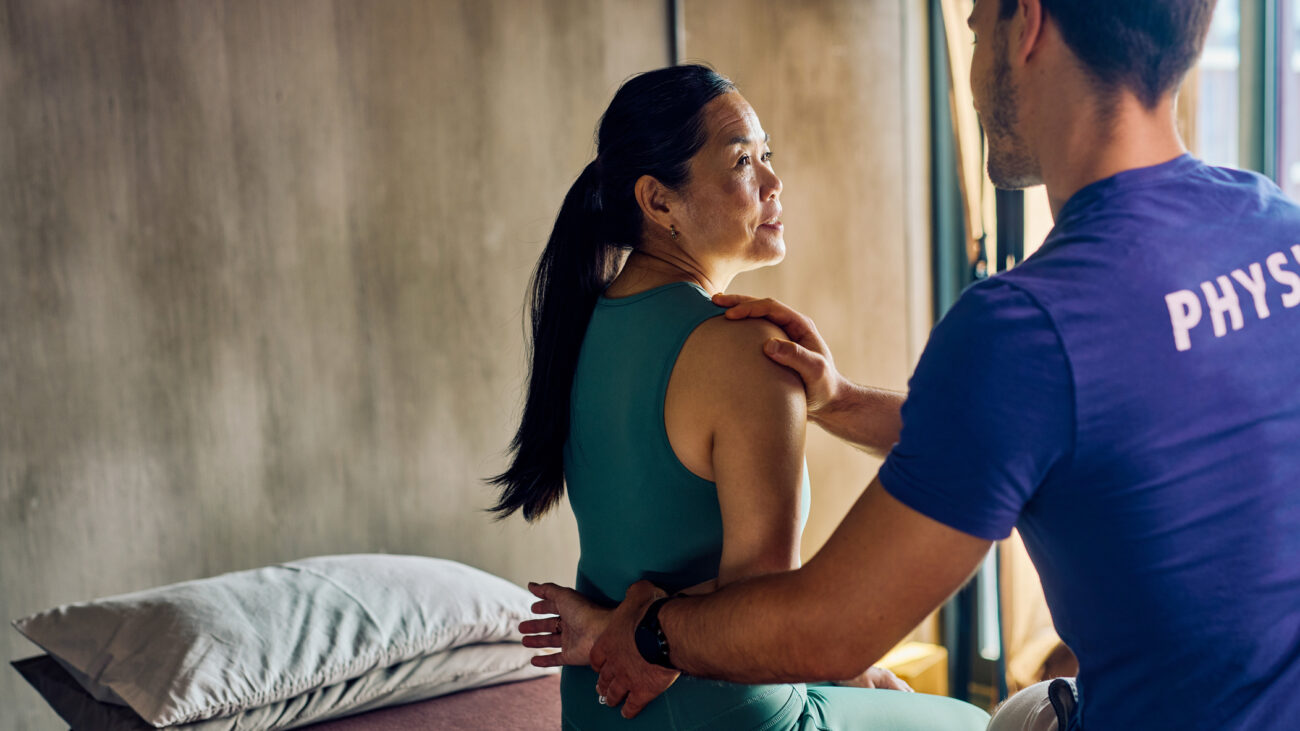Blog
These Are the Best Exercises for Insomnia
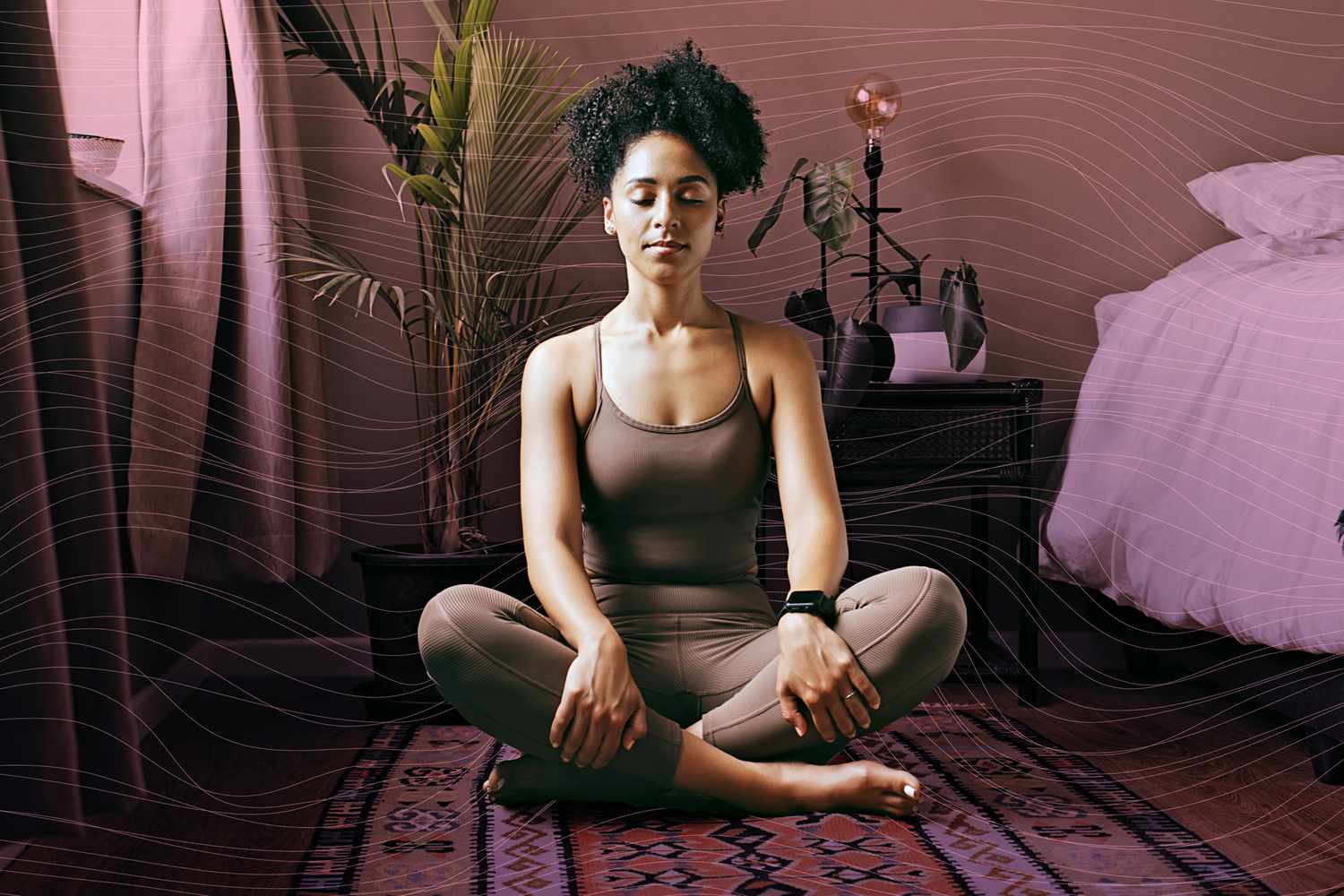
- About 12% of Americans have been diagnosed with insomnia, making it a common sleep disorder.
- A new meta-analysis found that certain types of exercise may help you get more sleep.
- Researchers found that yoga, tai chi, walking and jogging seem to have the greatest benefits.
Sleep can feel elusive sometimes. Stress, poor sleep hygiene—like not having a healthy bedtime routine—and even medications can interfere with sleep quality and quantity. If you struggle with getting enough quality sleep, you’re not alone. About 12% of Americans have been diagnosed with insomnia.
Defined as trouble falling asleep, staying asleep or getting good quality sleep, insomnia can be short-term or chronic. Besides causing exhaustion and daytime sleepiness, chronic insomnia can also affect memory and concentration, as well as increase the risk of heart disease, high blood pressure, diabetes and cancer.
Healthy sleep habits and cognitive behavioral therapy (CBT) can be effective treatments for insomnia. CBT can help calm the nervous system and prepare it for sleep. Healthy sleep habits include things like creating a healthy sleep environment, avoiding alcohol or caffeine near bedtime and maintaining a consistent sleep routine.
Of course, there are also sleep medications, but they can have unwanted side effects. In an attempt to find drug-free interventions, there is evidence that suggests that exercise may act as a sleep aid. Researchers from China wanted to take a closer look at this possibility and examine more specifically what types of exercise may be most effective. They conducted a systematic review and meta-analysis and published their findings in BMJ Evidence-Based Medicine.
How Was This Study Conducted?
This was a systematic review and meta-analysis, so researchers searched for previously conducted studies that met their criteria. This included studies using participants with insomnia diagnoses and organized exercise as an intervention. After initially finding almost 10,500 studies that met their criteria, researchers rigorously weeded out those that didn’t meet all their standards. They settled on 22 randomized controlled trials, which is considered the gold standard in evaluating cause-and-effect relationships between factors.
The total number of participants included in all 22 studies was 1,348. The exercise interventions included yoga, tai chi, walking or jogging, aerobic/cardio exercise plus strength training, strength training alone, aerobic exercise combined with therapy (i.e. CBT) and mixed aerobic exercises.
What Did This Study Find?
RCTs analyze the data in the studies, including running statistical analyses. In this study, many different criteria were tested, based on various aspects of sleep. These researchers concluded that:
- Yoga may be helpful for those who want to increase total sleep time.
- Yoga and tai chi may offer benefits for specific clinical symptoms of insomnia, including low sleep efficiency (the actual amount of time you spend asleep while in bed), difficulty falling asleep and frequently waking up in the middle of the night.
- Tai chi may extend sleep time, both in the short-term and long-term (after one or two years of follow-up).
- Walking or jogging may help mitigate daytime sleepiness.
Though researchers used rigorous standards when choosing the studies to include in this meta-analysis, there are still a few limitations. First, some of the studies tested at moderate or high levels regarding bias. There was also an absence of exercise “dose”—including frequency and intensity—in some of the studies, so researchers are unable to say how much and at what intensities these exercise types may be most helpful.
How Does This Apply to Real Life?
If you’re having sleep issues, one of the first things to consider is your sleep hygiene. What does your bedtime routine look like? Ideally, you want to spend an hour before your head hits the pillow preparing your body for sleep. This includes getting off devices, dimming the lights and engaging in relaxing activities, like reading, journaling or listening to calming music. Having a bedtime routine that feels familiar is a healthy trigger for your brain to start preparing for sleep. That routine may be as simple as washing up, flossing and brushing your teeth and getting into pajamas.
Your sleep environment is key, too. Having a dark room allows your body to produce melatonin, the hormone that signals your body that it’s time to go into sleep mode. It’s also important to have your bedroom on the cool side, as being too warm inhibits sleep, and make sure your pillows, mattress and sheets are comfortable for you. Many people also find that white noise, like a fan or the sound of rain, helps with sleep.
As this study suggests, it’s not just what you do at bedtime that influences sleep; what you do during the day matters, too. Yoga, tai chi, walking and jogging all seem to improve sleep quality and quantity. Even getting outside into natural light during the afternoon may help you sleep better.
But what about the timing of exercise?
Recent research suggests that vigorous exercise done within four hours of bedtime may disrupt sleep quality and length. This research suggests opting for light, relaxing exercise if done in the evening, or making sure your vigorous workouts are reserved for earlier in the day and are no closer than four hours before bedtime.
It’s also important to avoid caffeine, nicotine, alcohol and large meals too close to bedtime, and try to keep a consistent bedtime, even on the weekends. If you nap in the afternoon, limit its length if you find it prevents you from falling asleep at bedtime. And if you find you get up at night to pee, take a break from the fluids earlier in the evening.
While eating a large meal too close to bedtime can interrupt sleep, a rumbling belly sure doesn’t help either. If you’re hungry before bedtime, choose a sleep-friendly snack. Some ideas include banana with almond butter, Greek yogurt with sprouted pumpkin seeds and tart cherries or a turkey and apple roll-up.
Our Expert Take
This systematic review and meta-analysis suggests that yoga, tai chi, walking and jogging may help you sleep better. While this study can’t say how much or at what intensity of each activity helps the most, you can experiment with that. The important thing is that whichever activities you choose, do them consistently over a long period of time for the greatest benefits.


